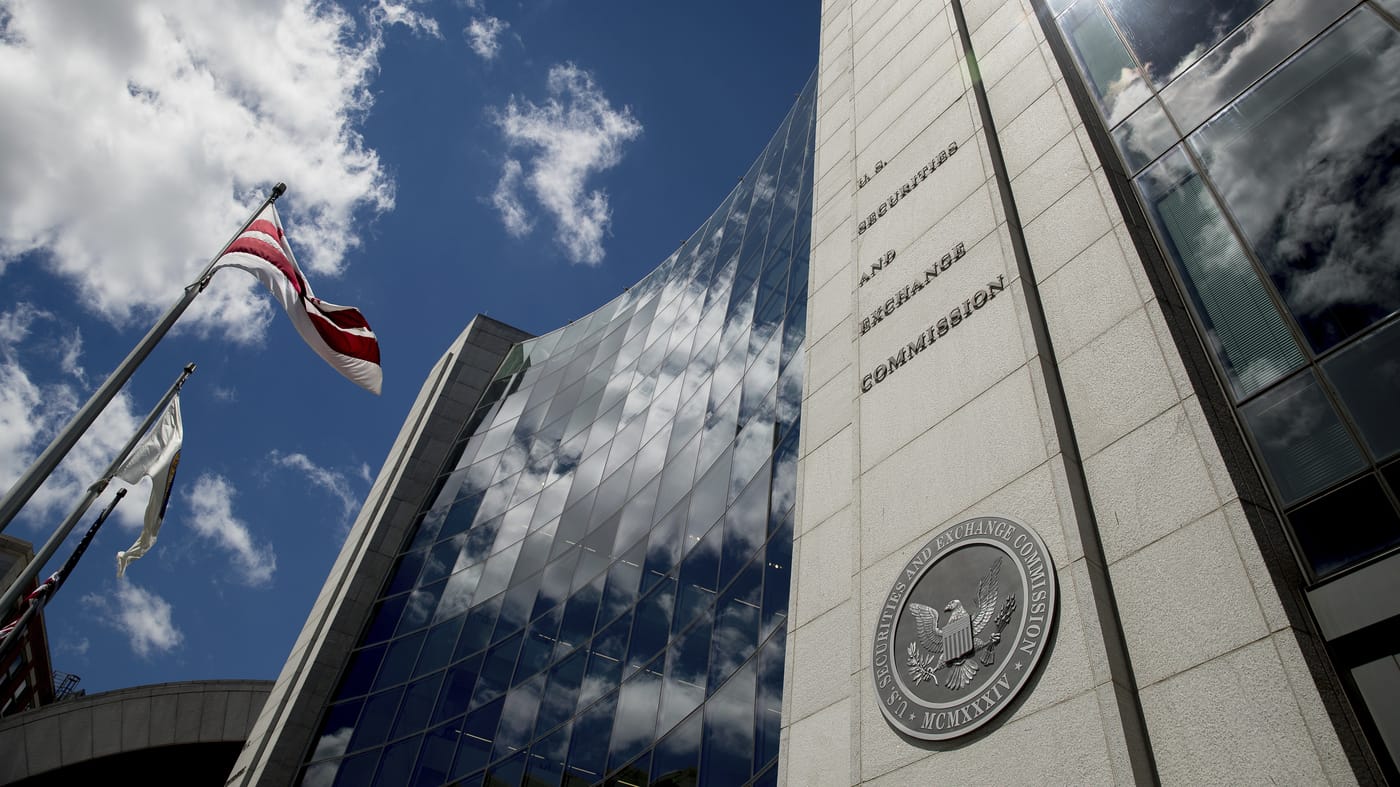In a significant ruling, a Delaware judge reaffirmed a previous decision that invalidated a massive pay package awarded to Elon Musk, the CEO of Tesla. The controversial compensation plan, valued at approximately $56 billion, was originally struck down in a ruling last year, which stated that the package was not approved by Tesla’s board in a manner consistent with corporate governance standards. The judge’s recent affirmation of this ruling has sparked renewed discussions about executive pay structures and the responsibilities of corporate boards in overseeing such arrangements.
The court’s decision came after a lawsuit was filed by Tesla shareholders, who argued that Musk’s pay package was excessive and not in the best interest of the company. They claimed that the arrangement was essentially a ‘blank check’ for Musk, allowing him to benefit disproportionately from the company’s performance without adequate oversight or accountability from the board. The judge noted that the board’s approval process lacked the necessary rigor and transparency, which is critical in ensuring that executive compensation aligns with shareholder interests.
This ruling has broader implications for corporate governance, particularly in the technology sector, where executive compensation packages can reach astronomical figures. Experts suggest that this case may set a precedent for how companies structure executive pay and how boards of directors fulfill their fiduciary duties.
Musk, who is known for his ambitious vision for Tesla and other ventures, including SpaceX, has defended his pay package as being tied to performance metrics that would benefit the company and its shareholders over the long term. However, the court’s decision raises questions about whether such arrangements can be justified when they appear to lack proper oversight.
The ruling has also caught the attention of investors and analysts, who are now looking closely at how other companies might react to this decision. Some believe it could lead to a reevaluation of executive compensation practices across the industry, prompting boards to adopt more stringent approval processes and transparency measures.
As this legal battle continues to unfold, the implications for Tesla and its leadership remain significant. The company has been a focal point in discussions about corporate governance and executive pay, and this ruling adds another layer to the ongoing debate about how much is too much for top executives.
For further information, you can read the full court ruling and analysis on shareholder rights at [Reuters](https://www.reuters.com/legal/delaware-judge-reaffirms-ruling-invalidated-massive-tesla-pay-package-elon-musk-2023-10-02/) and insights on corporate governance implications at [Bloomberg](https://www.bloomberg.com/news/articles/2023-10-02/delaware-judge-says-elon-musk-s-56-billion-tesla-pay-package-is-invalid).



